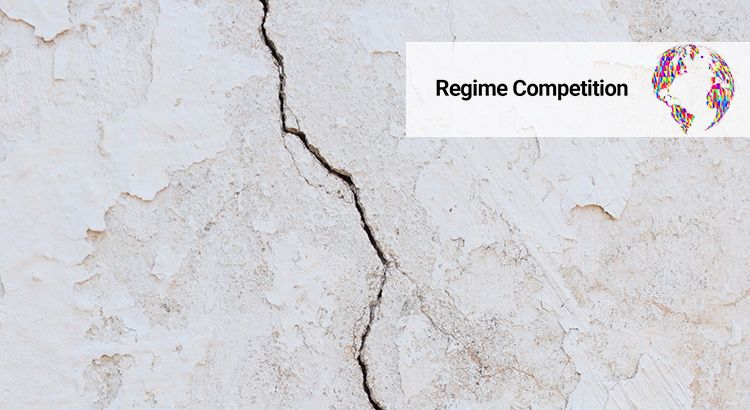
English, Regimewettbewerb in einer fragmentierten Welt24. April 2023 | Matthias Dembinski, Dirk Peters
Decoupling and the “New Cold War”: Cautionary Lessons from the Past
An emerging “new Cold War” appears to pit democracies, led by the US, against autocracies, led by Russia and China. But the analogy between today’s regime competition and that of the “old” Cold War is deceptive. China and Russia today are much more closely intertwined with Western democracies than the Soviet Union ever was. These linkages will complicate the conflict considerably. There is already growing pressure to engage in “decoupling”, that is, to break these interdependencies. Research on…